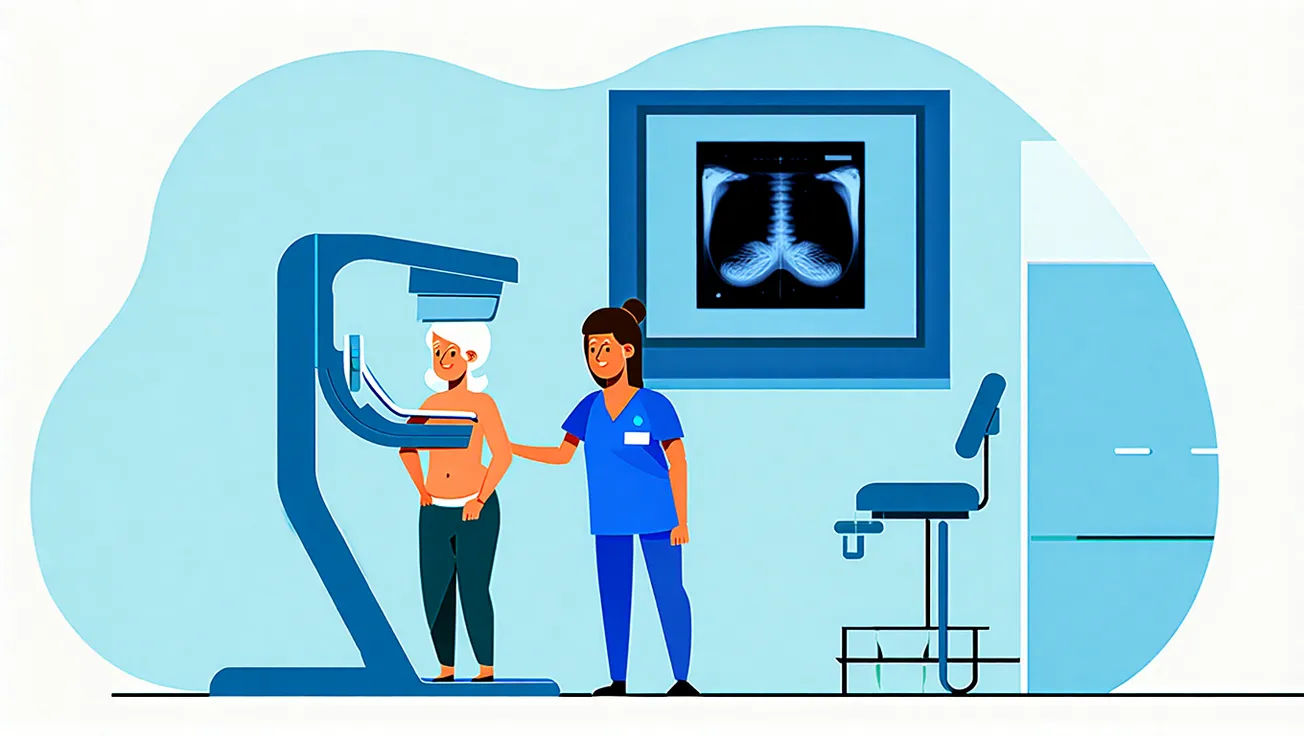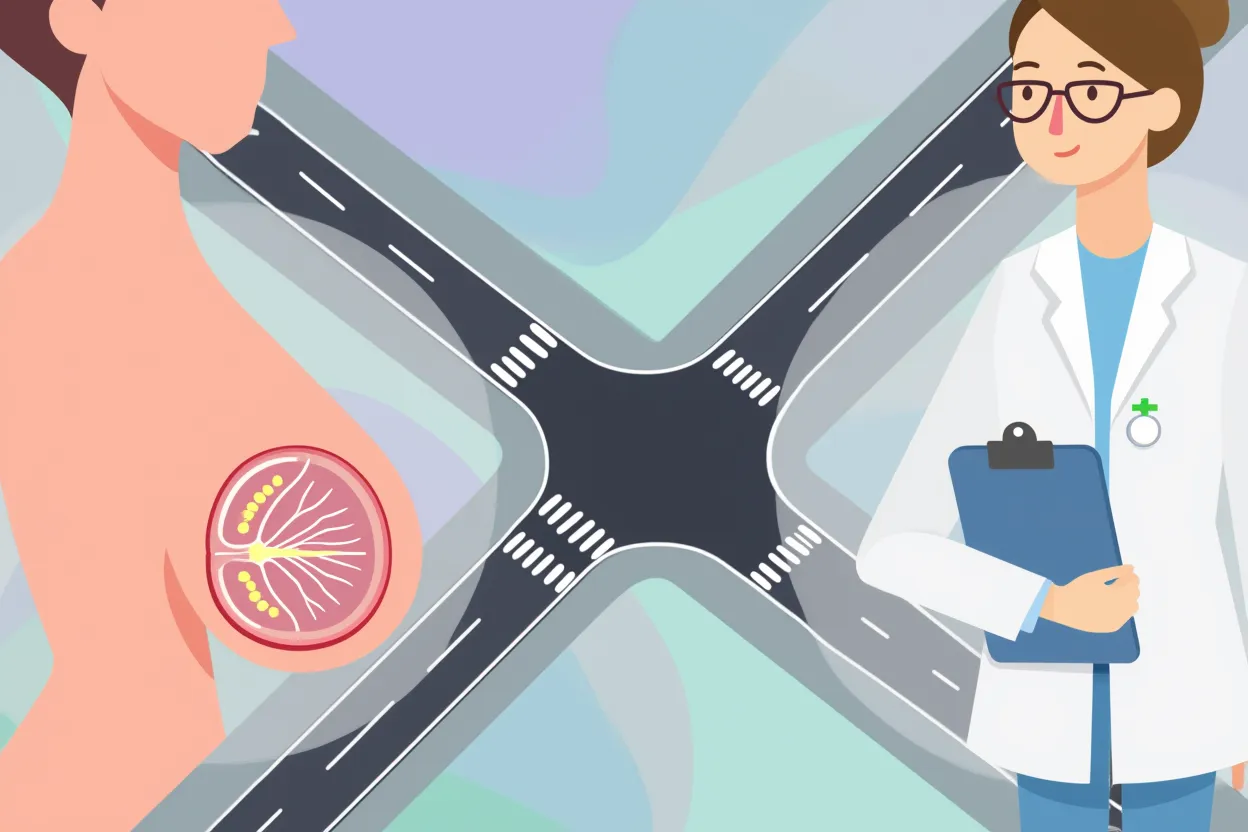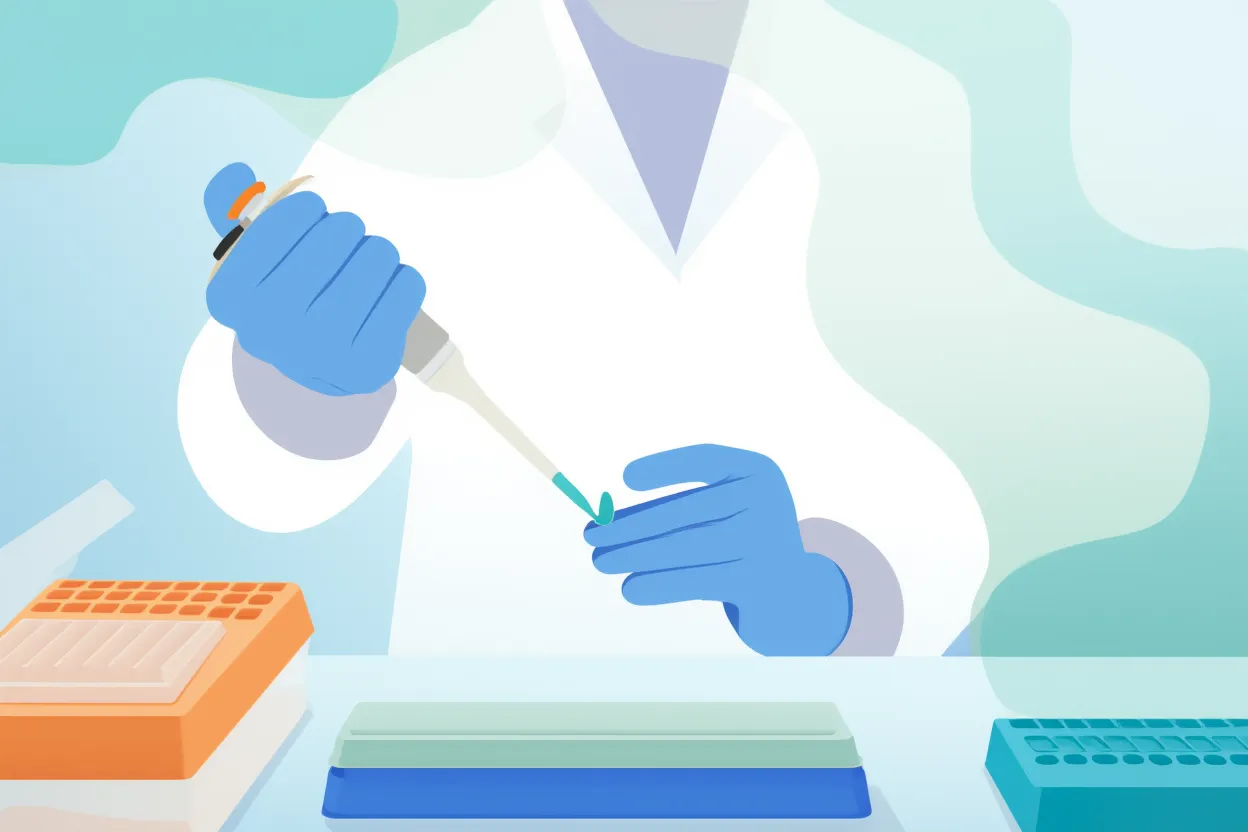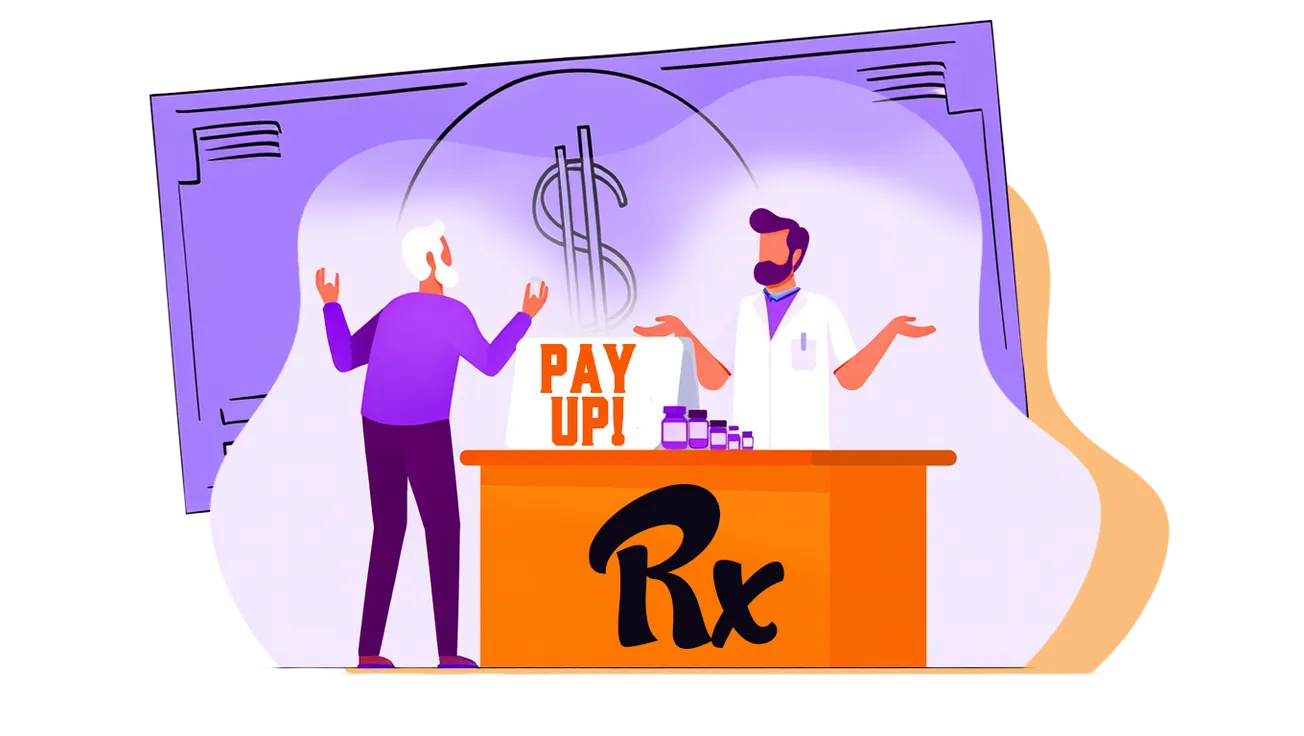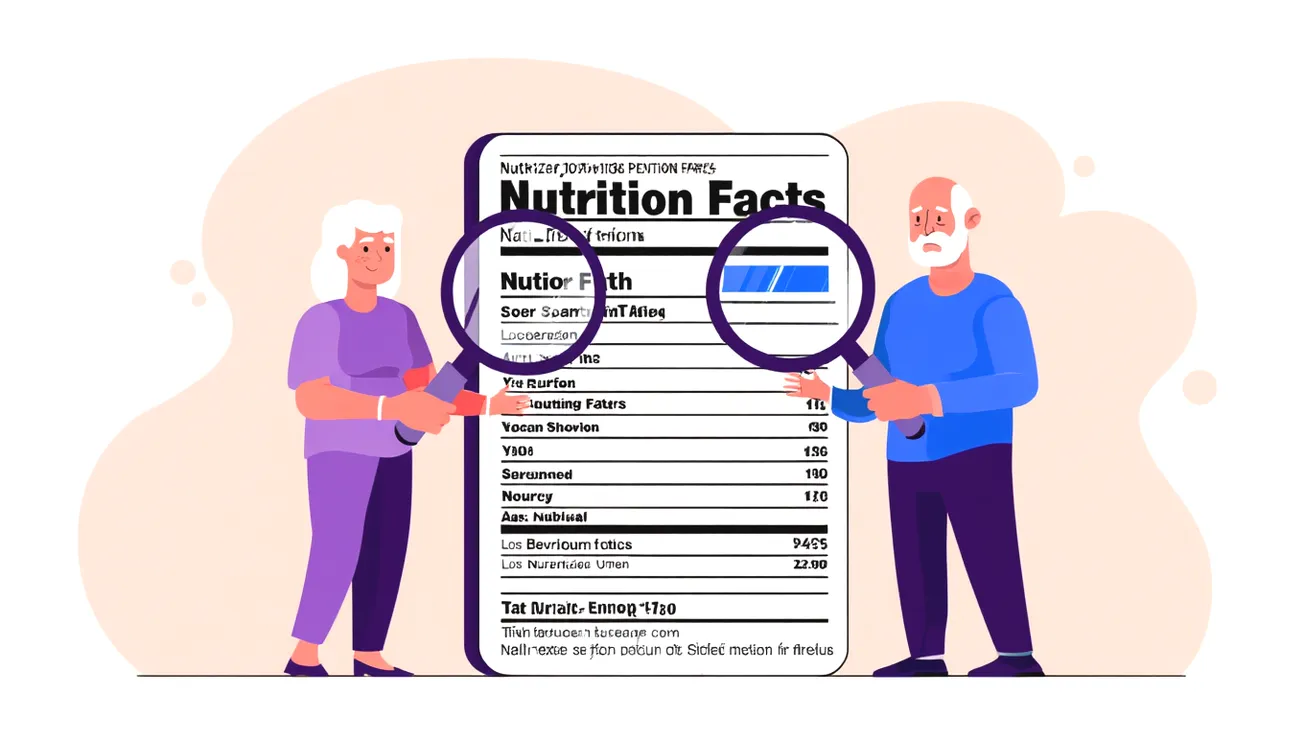The Takeaway
- A UCLA study finds women 75 and older may still benefit from regular mammograms.
- Screening caught more early-stage cancers and reduced late-stage diagnoses in older women.
- Current U.S. guidelines generally stop recommending mammograms after 74, except for high-risk patients.
- Researchers say decisions should focus on health status, not just age.
- The findings could push federal task forces to revisit breast cancer screening recommendations.
For decades, most women over 74 were told they could safely stop getting mammograms. The reasoning was simple: the risk of aggressive breast cancer declines with age, while false positives and unnecessary biopsies increase.
But a new study out of UCLA Health suggests that advice may be outdated — and that many older women still benefit from regular screening well past their 75th birthday.
Published in JAMA Network Open and summarized by Verywell Health, the study analyzed records from more than 50,000 women aged 75 to 84. The results were striking: those who continued with regular mammograms were significantly more likely to have cancers detected early — and less likely to die from the disease.
What the Current Guidelines Say
Under current U.S. Preventive Services Task Force (USPSTF) guidelines, women ages 50 to 74 are advised to have a mammogram every two years. After that, the decision is left to personal choice and physician discretion.
The reason: older women face diminishing returns from screening, and the risks — false alarms, unnecessary biopsies, and overdiagnosis — were thought to outweigh the benefits.
However, Elmore’s team found that for healthy seniors with a life expectancy of 10 years or more, the benefits of continued screening still outweighed the risks. That could include millions of women who remain active, independent, and in good health well into their 80s.
Why the Study Matters
Breast cancer remains the second-leading cause of cancer death among U.S. women, and nearly 30% of cases occur in women 70 and older, according to the American Cancer Society.
The new study found that women over 75 who underwent screening were 26% less likely to be diagnosed with advanced-stage disease than those who stopped screening. That means cancers were being caught earlier — when treatment is typically simpler and more successful.
Elmore notes that many women over 75 are healthier than past generations. “A 78-year-old today often has the fitness and longevity that a 68-year-old had a generation ago,” she said. “Our recommendations need to catch up with reality.”
Balancing Benefits and Risks
Of course, mammograms aren’t risk-free. False positives can trigger anxiety and invasive follow-up procedures. But the UCLA researchers found that the false-positive rate did not significantly increase after age 75 — one of the most common arguments against screening later in life.
“This is not a blanket call for everyone to continue mammograms forever,” Elmore emphasized. “It’s about recognizing that chronological age alone shouldn’t determine medical decisions.”
How Seniors Can Decide
If you’re approaching or past 75, experts recommend asking these questions before making a decision:
- What’s my overall health and life expectancy?
If you’re likely to live another 10 years or more, continued screening may be worth it. - Have I had previous abnormal mammograms or a family history of breast cancer?
Those factors raise risk and may favor ongoing screening. - What does my doctor think?
Discuss how your personal health, medications, and comfort with follow-up testing factor into the choice.
The Bottom Line
This study doesn’t say every woman over 75 should get mammograms — but it challenges the idea that they automatically shouldn’t. As women live longer, healthier lives, one-size-fits-all rules may no longer fit.
“We’ve spent years urging women to listen to their bodies,” said Elmore. “Now we’re saying: listen to your health, not just your birth date.”
Sources:
- Verywell Health: Mammograms After 75 Could Still Catch Early-Stage Breast Cancer, Study Shows
- JAMA Network Open (UCLA Study Summary)
- American Cancer Society
- U.S. Preventive Services Task Force (USPSTF) Guidelines
Disclaimer: This article is for informational purposes only and does not substitute for professional medical advice. Women should discuss screening schedules and risks with their healthcare provider based on their individual health history and preferences.


